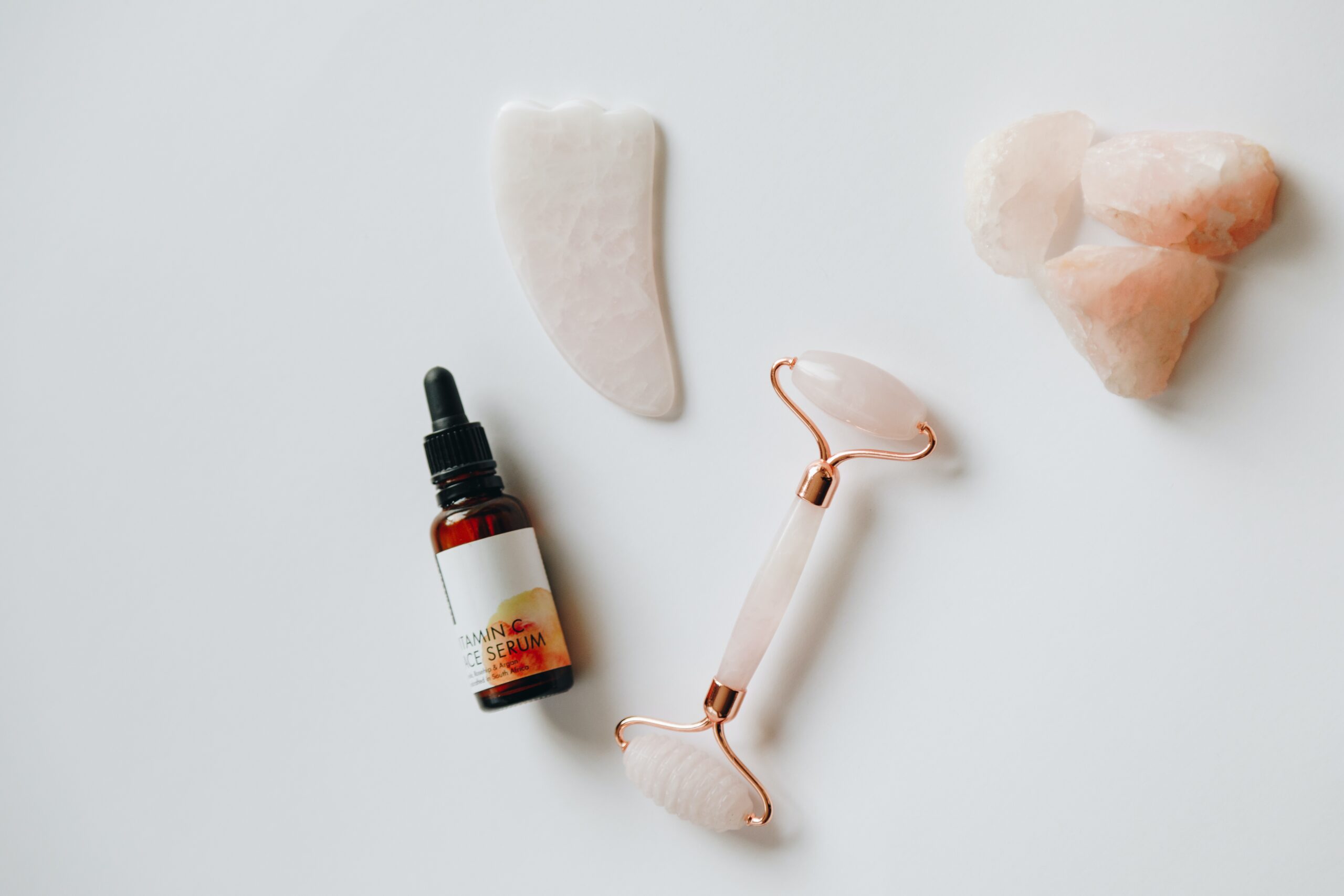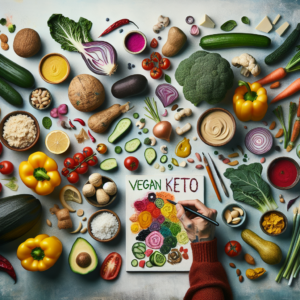Looking for a skincare routine that aligns with your values? Look no further than vegan face masks! These cruelty-free and plant-based products are not only effective in nourishing your skin, but also contribute to a more sustainable and ethical beauty routine. With a wide range of options available, you can pamper yourself without compromising your commitment to animals and the environment. Say goodbye to harsh chemicals and hello to a glowing complexion with vegan face masks.
What are Vegan Face Masks?
Vegan face masks are skincare products that are specifically formulated without any animal-derived ingredients or byproducts. These masks cater to individuals who follow a vegan lifestyle, which means they choose to exclude any items that involve animal exploitation. Vegan face masks are made using plant-based ingredients and are not tested on animals, making them cruelty-free options for those who are conscious of their impact on animals and the environment.
Definition of Vegan Face Masks
Vegan face masks are cosmetic products applied to the skin with the purpose of providing nourishment, hydration, and other skincare benefits. They are specifically created without any animal-derived ingredients such as honey, beeswax, collagen, or lanolin. In addition, they are also free from any animal testing. Vegan face masks may consist of various types, including clay masks, sheet masks, and gel masks, all of which are designed to address specific skin concerns.
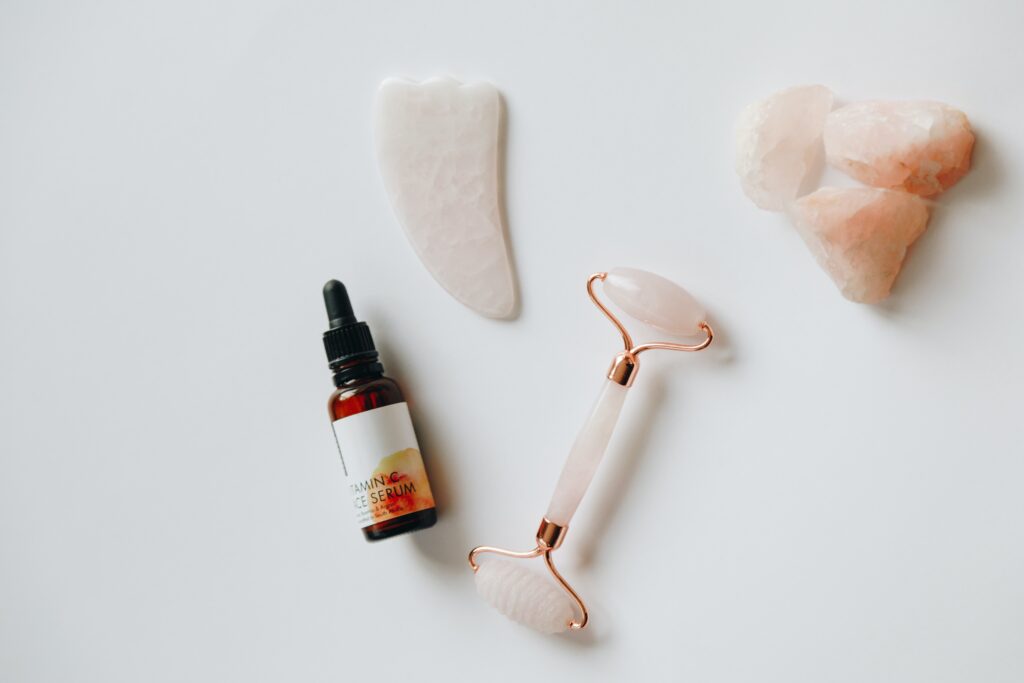
Benefits of Vegan Face Masks
Choosing vegan face masks over their non-vegan counterparts offers numerous benefits. Firstly, vegan face masks promote the ethical treatment of animals, as they are free from any animal-derived ingredients that may involve animal exploitation. By using vegan face masks, you can feel confident that no harm has been caused to animals in the process.
Moreover, vegan face masks are often formulated using plant-based ingredients, which are known to be rich in essential vitamins, minerals, and antioxidants. These natural components can provide nourishment and hydration to the skin, helping to improve its overall health and appearance.
Additionally, vegan face masks are often suitable for individuals with sensitive skin, as they tend to exclude potentially irritating ingredients commonly found in non-vegan face masks, such as artificial fragrances or harsh chemicals. This makes them a gentle option that can be used by a wide range of people without concerns for adverse reactions.
Difference between Vegan and Non-Vegan Face Masks
The main difference between vegan and non-vegan face masks lies in their ingredient composition. Non-vegan face masks often contain ingredients derived from animals, such as honey, milk, or collagen sourced from animal tissues. In contrast, vegan face masks are exclusively formulated using plant-based ingredients, ensuring that no animals are harmed in the process.
Another significant difference is the ethical aspect. Non-vegan face masks can involve animal exploitation, as animals may be used for ingredient sourcing or subjected to testing. Vegan face masks, on the other hand, guarantee that no animal cruelty is involved, as they are made without animal-derived ingredients and are not tested on animals.
By choosing vegan face masks, individuals can promote eco-friendly and compassionate skincare choices, aligning their values with their beauty routines.
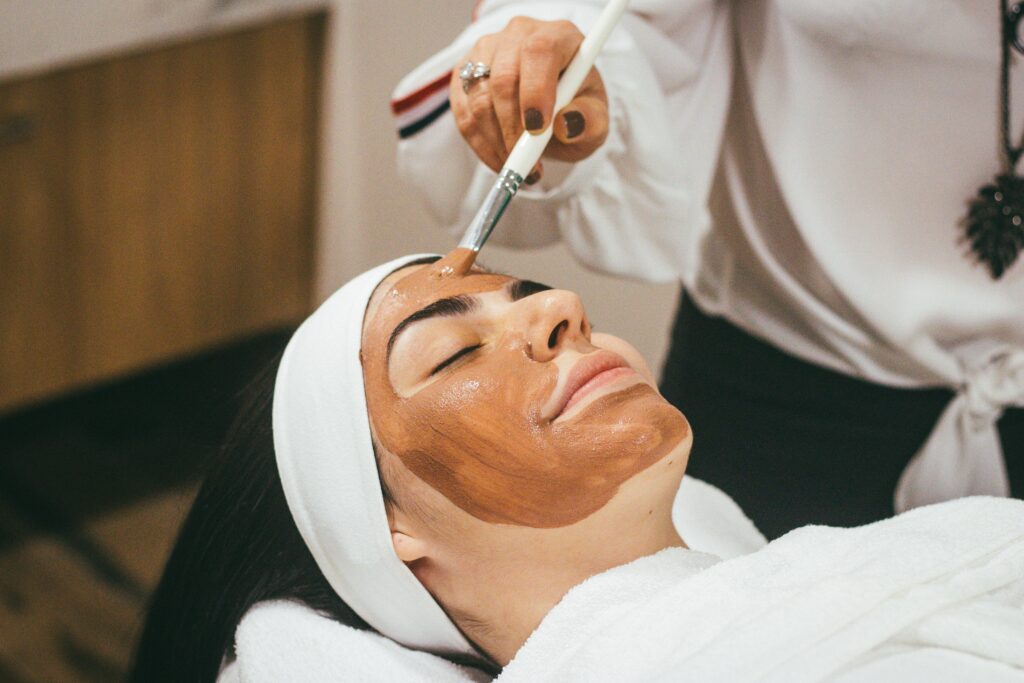
Ingredients in Vegan Face Masks
Vegan face masks rely on a variety of plant-based ingredients to nourish and revitalize the skin. These ingredients are carefully selected for their beneficial properties and can offer numerous skincare benefits. Some common plant-based ingredients found in vegan face masks include:
Plant-based Ingredients
- Aloe vera: Known for its soothing and hydrating properties, aloe vera can help calm irritated skin and promote healing.
- Jojoba oil: This natural oil closely resembles the skin’s sebum, making it an effective moisturizer that helps balance oil production and prevent dryness.
- Shea butter: Derived from the nuts of the shea tree, shea butter is deeply moisturizing and helps improve skin elasticity.
- Green tea extract: Packed with antioxidants, green tea extract helps protect the skin from free radicals and reduces inflammation.
- Rosehip oil: Rich in vitamins A and C, rosehip oil can improve skin tone and texture, while also promoting collagen production.
Cruelty-free Ingredients
Vegan face masks also prioritize cruelty-free ingredients, ensuring that no animal testing is involved in their production. This means that manufacturers opt for alternative testing methods or rely on pre-existing safety data for their ingredients. By choosing vegan face masks, individuals can support ethical practices and contribute to the movement against animal testing in the beauty industry.
Common Ingredients in Vegan Face Masks
While the specific ingredients may vary depending on the product and its intended purpose, some common ingredients found in vegan face masks include:
- Kaolin clay: Known for its purifying properties, kaolin clay helps draw out impurities and excess oil from the skin, leaving it cleansed and refreshed.
- Hyaluronic acid: This hydrating ingredient helps retain moisture in the skin, plumping it up and reducing the appearance of fine lines and wrinkles.
- Vitamin C: A powerful antioxidant, vitamin C helps brighten the complexion, even out skin tone, and promote collagen production for firmer skin.
- Chamomile extract: With its anti-inflammatory and soothing properties, chamomile extract can calm irritated skin and reduce redness.
- Witch hazel: Known for its astringent properties, witch hazel can help tighten pores, reduce excess oil, and minimize the appearance of blemishes.
By carefully considering the ingredients used in vegan face masks, individuals can select products that cater to their specific skincare needs while aligning with their values.
Types of Vegan Face Masks
Vegan face masks come in various forms, each offering different benefits and catering to different skin types. Here are three common types of vegan face masks:
Clay Masks
Clay masks, such as those made with kaolin or bentonite clay, are popular choices for deep cleansing and purification. They effectively draw out impurities, excess oil, and toxins from the skin, leaving it refreshed and revitalized. Clay masks are particularly beneficial for those with oily or acne-prone skin, as they can help clarify the complexion and reduce blemishes.
Sheet Masks
Sheet masks have gained popularity in recent years due to their convenience and effectiveness. These masks consist of a thin sheet infused with a serum or essence, which is applied directly to the face. Sheet masks are often packed with hydrating and nourishing ingredients that can deeply moisturize the skin. They come in various formulations, targeting different skin concerns such as brightening, soothing, or firming.
Gel Masks
Gel masks are usually transparent and have a gel-like texture, making them incredibly refreshing and cooling on the skin. They are ideal for providing hydration and soothing irritated or inflamed skin. Gel masks often contain hydrating substances like aloe vera or hyaluronic acid, making them suitable for all skin types, especially dry or sensitive skin.
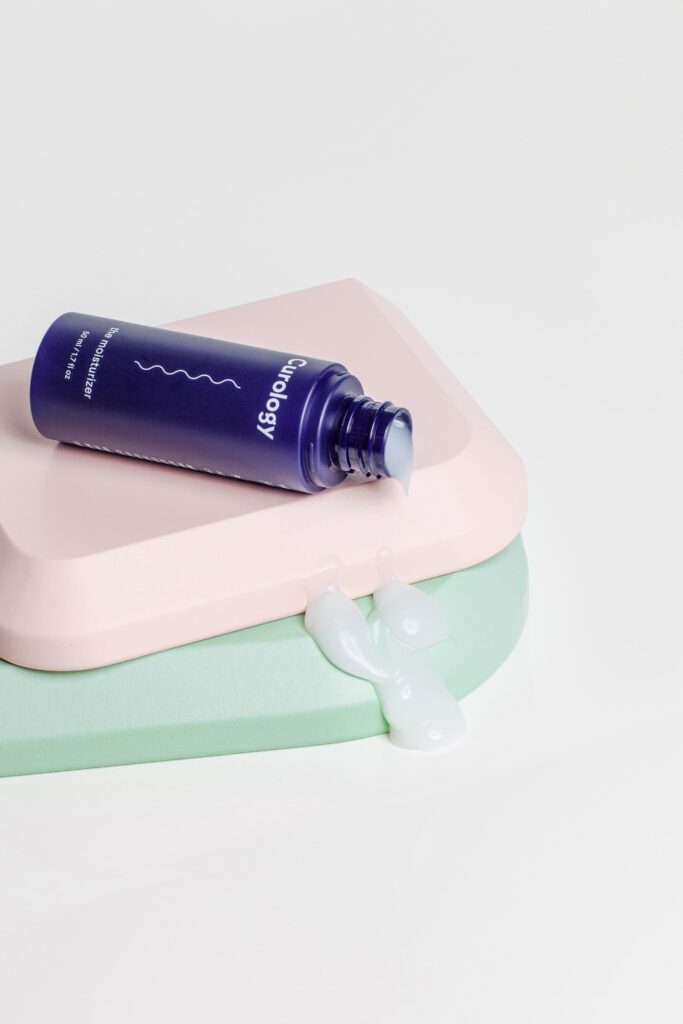
Choosing the Right Vegan Face Mask
When selecting a vegan face mask, it is essential to consider your skin type, specific concerns, and any sensitivities or allergies you may have. Here are some factors to consider:
Identifying Skin Type
Understanding your skin type is crucial in finding the right vegan face mask. Common skin types include oily, dry, combination, and sensitive. Different face masks are formulated to cater to specific skin types, targeting their unique needs. For example, those with oily skin may benefit from clay masks to control excess oil, while individuals with dry skin may prefer hydrating gel masks.
Addressing Specific Skin Concerns
Consider the specific skin concerns you want to address with a face mask. Are you looking to combat acne, reduce redness, or improve overall skin texture? Vegan face masks come in a wide range of formulations that target different issues. Look for ingredients like tea tree oil for acne-prone skin, chamomile extract for soothing sensitive skin, or vitamin C for a brighter complexion.
Considering Sensitivities and Allergies
If you have sensitive skin or known allergies, it is important to check the ingredient list of the vegan face mask to ensure it does not contain any potential irritants. Avoid harsh ingredients, strong fragrances, and common allergens. Opt for masks with soothing ingredients like chamomile or aloe vera, which are less likely to cause adverse reactions.
By taking these factors into consideration, you can select a vegan face mask that suits your unique skin needs and concerns.
How to Use Vegan Face Masks
Proper usage is essential to maximize the benefits of vegan face masks. Follow these steps for effective application:
Preparation
Start by cleansing your face to remove any dirt, oil, or makeup. Gently pat your skin dry with a clean towel. It is also helpful to exfoliate before applying a face mask to ensure better absorption of the mask’s ingredients. Some vegan face masks may recommend steaming your face beforehand or using a warm towel to open up your pores.
Application Techniques
Apply the vegan face mask evenly to your face, avoiding the delicate eye and lip areas. Depending on the type of mask, use your fingers or a brush to apply a thin and even layer. Be cautious not to apply too thick a layer, as it may take longer to dry or absorb into the skin. Follow the instructions provided with the specific mask for the recommended application method.
Recommended Usage Frequency
The frequency of using a vegan face mask depends on the mask type and your specific skin needs. Some masks may be suitable for daily use, while others are recommended for weekly or bi-weekly application. Follow the instructions on the packaging to determine the ideal frequency. Overusing a face mask can potentially cause skin irritation, while underusing it may not provide the desired results.
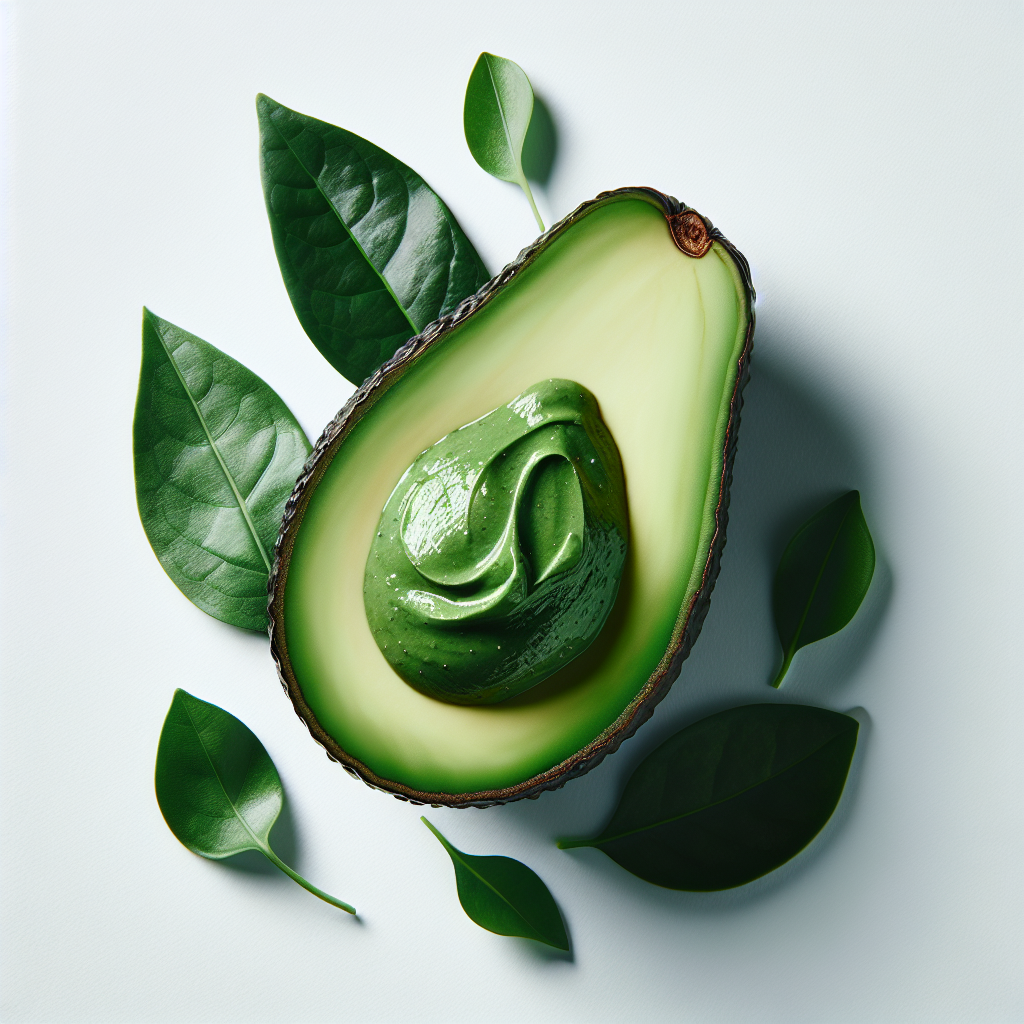
Benefits of Using Vegan Face Masks
Regularly incorporating vegan face masks into your skincare routine offers numerous benefits to the health and appearance of your skin. Here are some advantages:
Hydrating and Moisturizing
Many vegan face masks are formulated with ingredients like aloe vera, hyaluronic acid, and shea butter, which are highly moisturizing and help replenish hydration in the skin. These masks can restore moisture levels, leaving the skin plump, smooth, and supple. Hydrated skin is essential for maintaining a youthful and healthy complexion.
Improving Skin Texture
Vegan face masks that contain exfoliating ingredients like fruit enzymes or alpha hydroxy acids (AHAs) can help improve skin texture by removing dead skin cells and promoting cell turnover. Regular use of these masks can leave the skin smoother, softer, and more radiant, reducing the appearance of roughness and unevenness.
Detoxifying and Cleansing
Clay masks, such as those made with kaolin or bentonite clay, have excellent detoxifying properties. They act like magnets, attracting and absorbing impurities, excess oil, and toxins from the skin. By using vegan clay masks, you can help unclog pores, purify the skin, and prevent breakouts, leading to a clearer and healthier complexion.
Providing Essential Nutrients
Vegan face masks are often formulated with plant-based ingredients that are rich in essential nutrients, including vitamins, minerals, and antioxidants. These nourishing components can help defend the skin against environmental stressors, repair damage caused by free radicals, and promote a brighter and more youthful appearance.
Reducing Acne and Breakouts
For those struggling with acne or frequent breakouts, vegan face masks can be beneficial in reducing inflammation, controlling oil production, and preventing further clogging of the pores. Masks infused with ingredients like tea tree oil, witch hazel, or salicylic acid can help soothe acne-prone skin, minimize blemishes, and promote a clearer complexion.
By incorporating vegan face masks into your skincare routine, you can enjoy these various benefits while supporting ethical and sustainable skincare practices.
DIY Vegan Face Mask Recipes
If you prefer a more hands-on approach to skincare, creating DIY vegan face masks at home can be a fun and cost-effective alternative. Here are a few simple recipes using common kitchen ingredients:
Avocado and Oatmeal Mask
Ingredients:
- 1 ripe avocado
- 1 tablespoon of oats
- 1 teaspoon of lemon juice
Instructions:
- Mash the ripe avocado in a bowl until it forms a smooth paste.
- Add the oats and lemon juice to the avocado paste, and mix well.
- Apply the mixture to your face and leave it on for about 15-20 minutes.
- Rinse off the mask with warm water and pat your skin dry.
This DIY mask is nourishing and hydrating, thanks to the avocado, which is packed with beneficial fats and vitamins. The oats provide gentle exfoliation, leaving your skin feeling refreshed and soft.
Turmeric and Coconut Oil Mask
Ingredients:
- 1 teaspoon of turmeric powder
- 1 tablespoon of coconut oil
- 1 teaspoon of honey (or a vegan alternative like agave nectar or maple syrup)
Instructions:
- In a small bowl, combine the turmeric powder, coconut oil, and honey (or vegan alternative).
- Mix the ingredients until they form a smooth paste.
- Apply the mixture to your face, avoiding the eye and lip areas.
- Allow the mask to sit for 10-15 minutes.
- Rinse off the mask with warm water and gently pat your skin dry.
This DIY mask harnesses the antioxidant properties of turmeric, while coconut oil provides moisture and nourishment to the skin. The honey or vegan alternative helps to soothe and hydrate, leaving your skin with a healthy glow.
Cucumber and Aloe Vera Mask
Ingredients:
- 1/2 cucumber
- 2 tablespoons of aloe vera gel
Instructions:
- Peel and chop the cucumber into small pieces.
- Blend the cucumber pieces until they form a smooth puree.
- Add the aloe vera gel to the cucumber puree and mix well.
- Apply the mixture to your face and leave it on for 15-20 minutes.
- Rinse off the mask with cool water and gently pat your skin dry.
This refreshing DIY mask is ideal for soothing and hydrating the skin. Cucumber helps to calm irritation, reduce redness, and provide a cooling effect, while aloe vera gel moisturizes and rejuvenates the skin, leaving it refreshed and revitalized.
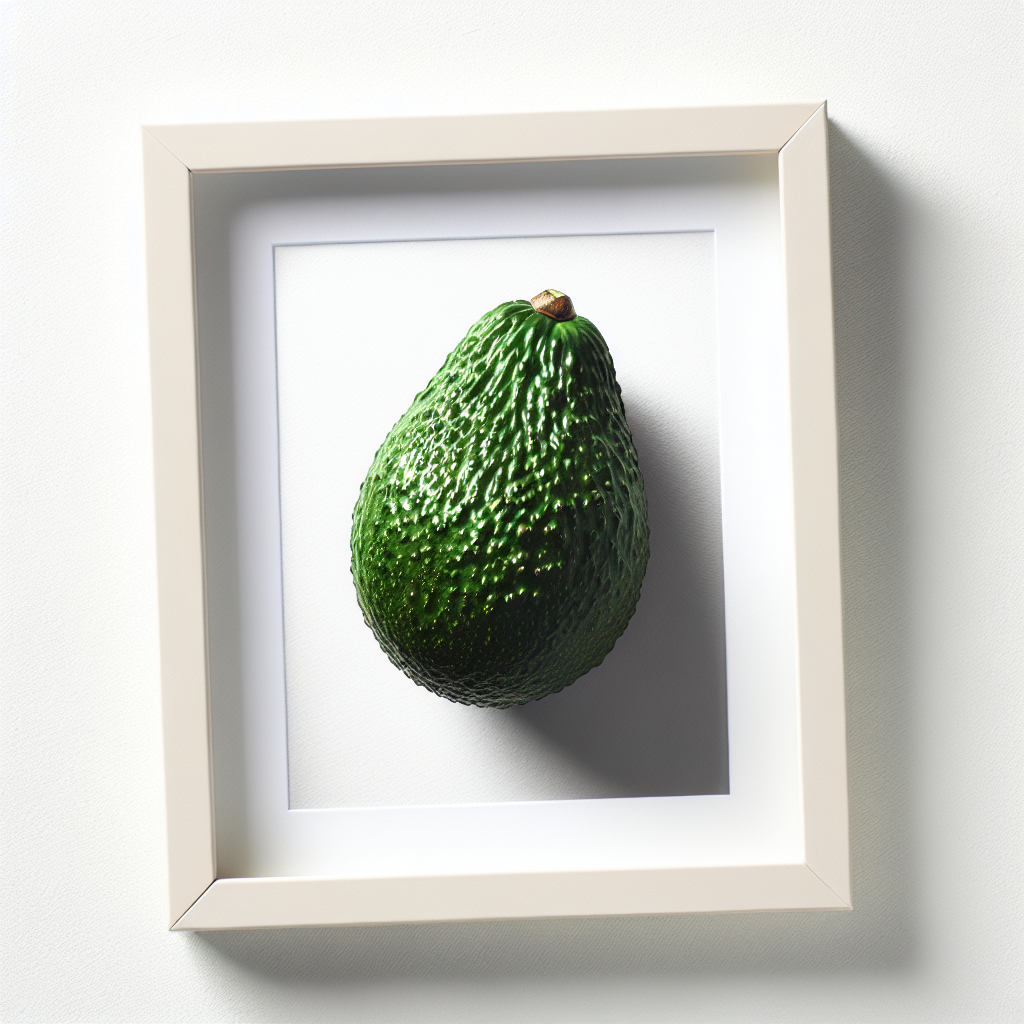
Popular Vegan Face Mask Brands
If you prefer to purchase vegan face masks rather than making them at home, several well-known brands offer vegan options. Here are a few popular vegan face mask brands to consider:
Lush
Lush is a well-established cruelty-free and vegetarian brand that offers a wide range of vegan face masks. Their products are made with fresh, organic ingredients and come in various formulations to address different skin concerns. Lush’s face masks are known for their effectiveness and creative combinations of plant-based ingredients.
The Body Shop
The Body Shop is a renowned brand that emphasizes cruelty-free and vegan beauty products. They offer a selection of vegan face masks for different skin needs, including hydrating masks, exfoliating masks, and purifying masks. The Body Shop prides itself on using sustainably sourced ingredients and promoting fair trade practices.
Pacifica
Pacifica is a 100% vegan and cruelty-free brand that offers a range of skincare products, including face masks. Their masks are formulated with natural ingredients and are designed to target specific concerns such as inflammation, dryness, or dullness. Pacifica is dedicated to providing high-quality vegan skincare products that are free from harmful chemicals.
These are just a few examples of popular vegan face mask brands, and there are many more options available in the market. When selecting a brand, it is important to do some research, read reviews, and consider your specific skin needs to find the best match for you.
Considerations for Beginners
If you are new to using vegan face masks or transitioning from non-vegan products, here are some considerations to keep in mind:
Transitioning from Non-Vegan to Vegan Products
If you have been using non-vegan face masks or skincare products, transitioning to vegan alternatives can be a gradual process. Start by replacing one product at a time, allowing your skin to adjust to the new ingredients. Monitor any changes or improvements you notice during this transition period. Slowly incorporating vegan face masks into your routine will help you determine which ones work best for your skin.
Reading Ingredient Labels
When purchasing vegan face masks, always read the ingredient labels to ensure they meet your vegan criteria and do not contain any animal-derived ingredients. Look for certified vegan logos or labels to ensure the authenticity of the products. Familiarize yourself with common non-vegan ingredients to avoid any accidental missteps.
Consulting Dermatologists or Estheticians
If you have specific skin concerns or sensitive skin, it is advisable to consult with a dermatologist or esthetician before incorporating new products into your skincare routine. They can provide personalized recommendations based on your skin type, concerns, and any underlying conditions. Additionally, professionals can guide you in selecting the most suitable vegan face masks for your needs, ensuring optimal results.
Conclusion
Vegan face masks offer a cruelty-free and ethical option for those who prioritize their impact on animals and the environment. These masks are formulated without animal-derived ingredients and are not tested on animals, while still delivering effective skincare benefits. By opting for vegan face masks, individuals can promote ethical practices, sustainable beauty choices, and enjoy the nourishing properties of plant-based ingredients.
From clay masks to sheet masks and gel masks, there are various options to choose from based on your skin type and specific concerns. By mindful selection and proper usage, vegan face masks can help hydrate, improve texture, detoxify, and provide essential nutrients to your skin. Additionally, DIY vegan face mask recipes offer a fun and customizable option for those who prefer a hands-on approach.
With popular vegan face mask brands like Lush, The Body Shop, and Pacifica, finding suitable options is convenient and accessible. Beginners transitioning to vegan skincare should consider gradually introducing vegan face masks, reading ingredient labels, and seeking professional guidance when necessary.
Incorporating vegan face masks into your skincare routine not only benefits your skin but also supports a compassionate and eco-conscious approach to beauty. By embracing vegan skincare, you can achieve healthy, glowing skin while making a positive impact on animals and the environment.

